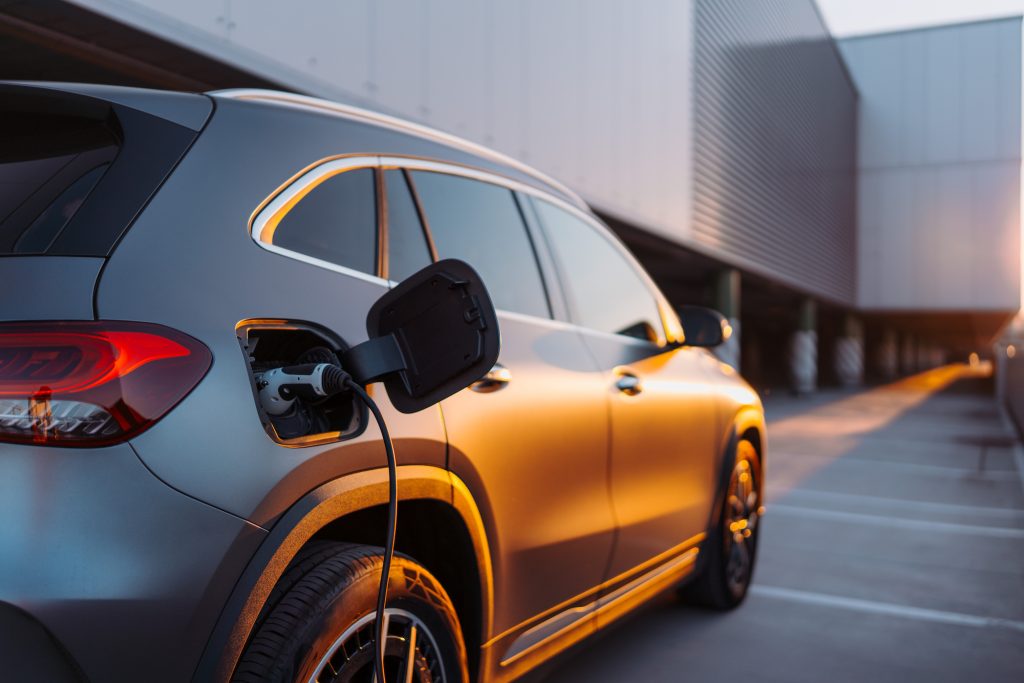With the United Auto Workers still on strike, elected officials argue that it’s important for the Environmental Protection Agency’s proposed clean-car standards to be enacted.
The EPA’s proposed federal standards aim to ensure 67% of new light-duty vehicles and 25% of new heavy-duty trucks sold in the U.S. are electric by 2032.
Navy veteran Joel Hicks is a city council member at Pennsylvania’s Borough of Carlisle and a member of the national leadership council of Elected Officials to Protect America.
“About a quarter of Pennsylvania’s greenhouse gases come from the transportation sector, and more than a third of the nitrogen oxide emissions that contribute to harmful human health are directly due to ozone smog that come from highway vehicles,” said Hicks. “Too many people need relief right now from the toxic air they continually have to breathe.”
Hicks emphasized that federal government funds are being used in Carlisle to help offset the cost of electric vehicle charging stations.
He noted that they are also looking at removing food deserts and making the highways and streets safer for residents.
Marine combat veteran and former Maine state representative Alex Cornell du Houx, who is also the co-founder and serves as president of EOPA, said the EPA’s clean-car standards would grow job opportunities across the country and in the Keystone State.
“Between the battery belt that’s going all the way from Georgia up to Pennsylvania and that’s industry and quality jobs coming online in the United States,” said du Houx. “That will provide the capacity for the transition to electric vehicles that is here and happening right now.”
The Energy Department predicts EV battery manufacturing will support 10 to 13 million fully electric vehicles annually by 2030.
The Clean Air Act gives agencies the authority to limit the average amount of pollution generated by each manufacturer’s fleet of vehicles.




